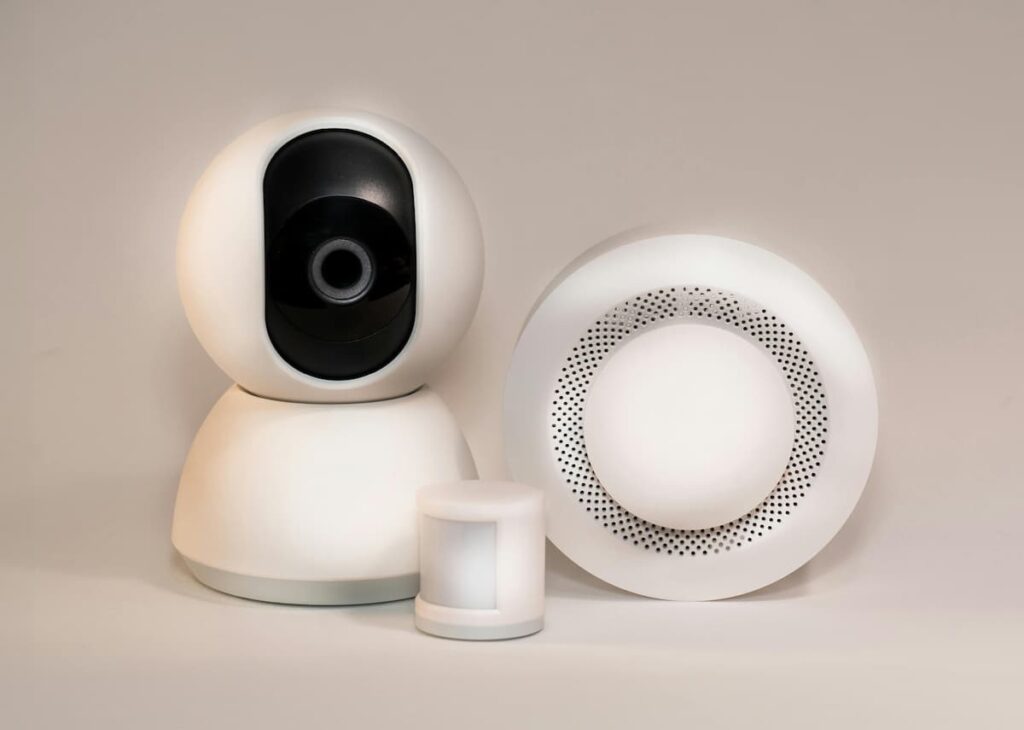Table of Contents
Introduction to AI Technology Trends
The rapid advancement of Artificial Intelligence (AI) is reshaping various aspects of our world. From healthcare to transportation, AI is revolutionizing industries and transforming everyday life. As we look ahead, several emerging AI trends promise to further accelerate this transformation. In this comprehensive article, we explore the AI technology trends that will change the world, providing detailed insights into their implications and potential impact.
AI in Healthcare
Precision Medicine
AI is revolutionizing precision medicine by enabling more accurate diagnosis and personalized treatment plans. By analyzing vast amounts of medical data, AI can identify patterns that humans might miss.
- Genomic Analysis: AI algorithms can analyze genetic information to identify predispositions to certain diseases, enabling early interventions.
- Personalized Treatment: AI can tailor treatment plans based on an individual’s genetic makeup and medical history, improving outcomes and reducing side effects.
Predictive Analytics
Predictive analytics powered by AI is transforming healthcare by predicting disease outbreaks, patient admissions, and other critical metrics.
- Disease Outbreaks: AI models can analyze global health data to predict disease outbreaks, allowing for timely public health interventions.
- Patient Monitoring: AI can predict patient deterioration by continuously analyzing vital signs, enabling proactive care.
AI in Autonomous Vehicles
Self-Driving Cars
Self-driving cars are one of the most visible applications of AI. These vehicles use machine learning algorithms to navigate roads, avoid obstacles, and transport passengers safely.
- Safety Improvements: AI reduces human error, which is a leading cause of accidents, potentially saving thousands of lives each year.
- Traffic Efficiency: AI can optimize routes and manage traffic flow, reducing congestion and improving travel times.

AI in Public Transportation
AI is also transforming public transportation systems, making them more efficient and reliable.
- Predictive Maintenance: AI predicts when maintenance is needed, reducing downtime and improving service reliability.
- Smart Scheduling: AI optimizes schedules based on real-time data, ensuring timely arrivals and departures.
AI in Finance
Algorithmic Trading
AI-driven algorithmic trading is revolutionizing financial markets by making trades at high speeds and with high accuracy based on market data.
- Market Predictions: AI algorithms analyze market trends and predict price movements, enabling more informed trading decisions.
- Risk Management: AI helps manage risk by continuously monitoring market conditions and adjusting trading strategies accordingly.
Fraud Detection
AI is enhancing fraud detection systems by identifying unusual patterns and anomalies in financial transactions.
- Real-Time Monitoring: AI can detect and flag suspicious transactions in real-time, preventing fraud before it occurs.
- Pattern Recognition: AI models learn from historical fraud data to identify new types of fraudulent activities.

AI in Manufacturing
Smart Factories
AI is the backbone of smart factories, where machines and systems are interconnected and can communicate with each other to optimize production processes.
- Predictive Maintenance: AI predicts equipment failures before they happen, reducing downtime and maintenance costs.
- Process Optimization: AI analyzes production data to identify inefficiencies and optimize workflows.
Quality Control
AI is improving quality control in manufacturing by using machine vision and deep learning to inspect products.
- Defect Detection: AI systems can detect defects at a granular level, ensuring high-quality products.
- Consistency: AI ensures consistency in production by monitoring and adjusting processes in real-time.
AI in Customer Service
Chatbots and Virtual Assistants
AI-powered chatbots and virtual assistants are transforming customer service by providing instant support and handling routine inquiries.
- 24/7 Availability: AI chatbots provide round-the-clock support, improving customer satisfaction.
- Personalized Interaction: AI can personalize interactions based on customer data, offering tailored recommendations and solutions.
Sentiment Analysis
AI-driven sentiment analysis helps businesses understand customer emotions and improve service quality.
- Feedback Analysis: AI analyzes customer feedback to identify common issues and areas for improvement.
- Proactive Service: AI can anticipate customer needs based on sentiment analysis, providing proactive support.
AI in Education

Personalized Learning
AI is transforming education by enabling personalized learning experiences tailored to individual student needs.
- Adaptive Learning: AI systems adjust the difficulty of learning materials based on student performance, ensuring optimal learning.
- Learning Analytics: AI analyzes student data to identify learning gaps and provide targeted interventions.
Virtual Tutors
AI-powered virtual tutors provide students with additional support outside the classroom.
- Instant Feedback: Virtual tutors provide immediate feedback on assignments and quizzes, helping students learn from their mistakes.
- 24/7 Access: Students can access virtual tutors at any time, providing flexible learning opportunities.
AI in Environmental Conservation
Climate Modeling
AI is enhancing climate modeling by analyzing vast amounts of environmental data to predict climate change impacts.
- Accurate Predictions: AI improves the accuracy of climate models, helping policymakers make informed decisions.
- Risk Mitigation: AI identifies areas at risk of climate-related disasters, enabling proactive measures.
Wildlife Monitoring
AI is aiding wildlife conservation efforts by monitoring animal populations and habitats.
- Population Tracking: AI analyzes data from cameras and sensors to track wildlife populations and detect poaching activities.
- Habitat Analysis: AI helps identify changes in habitats, guiding conservation efforts.
Conclusion
The trends in AI are poised to change the world in profound ways. From revolutionizing healthcare and transportation to transforming finance, manufacturing, customer service, education, and environmental conservation, AI’s impact is far-reaching. As AI technology continues to advance, its potential to improve lives and solve global challenges will only grow. Staying informed about these trends is crucial for leveraging AI’s full potential.
Please click here for Further Exploration
Please click here to read about AI IN SPORTS ANALYTICS: HOW AI IS REVOLUTIONIZING SPORTS ANALYTICS – A REPORT

